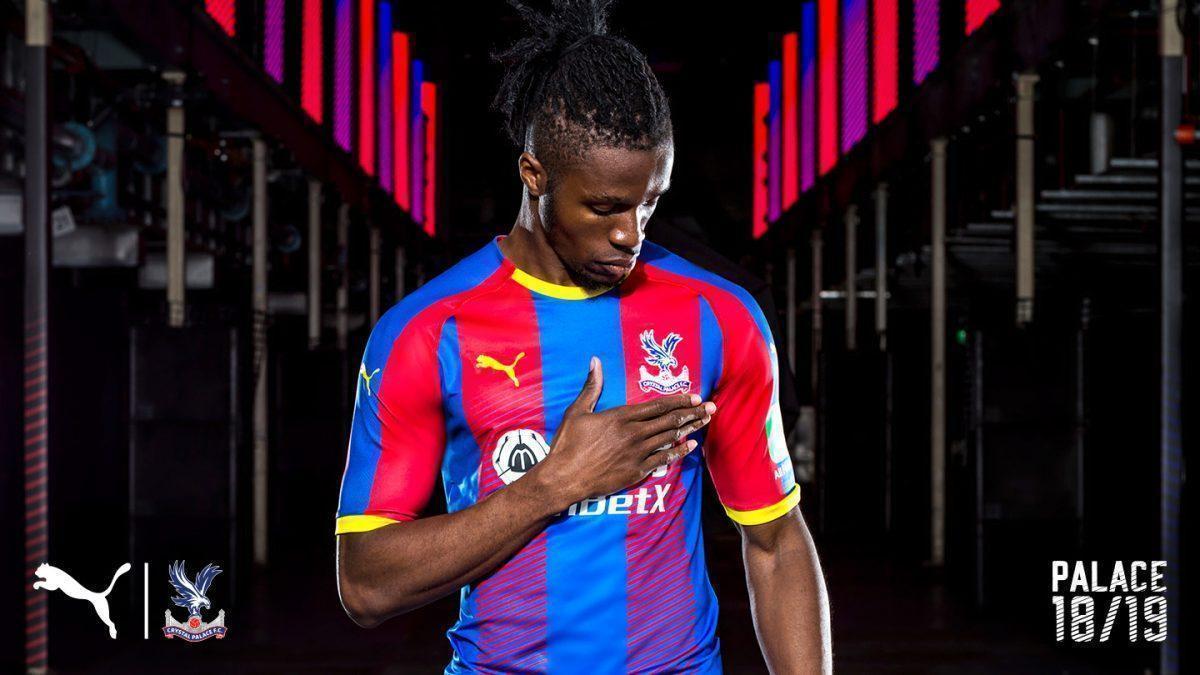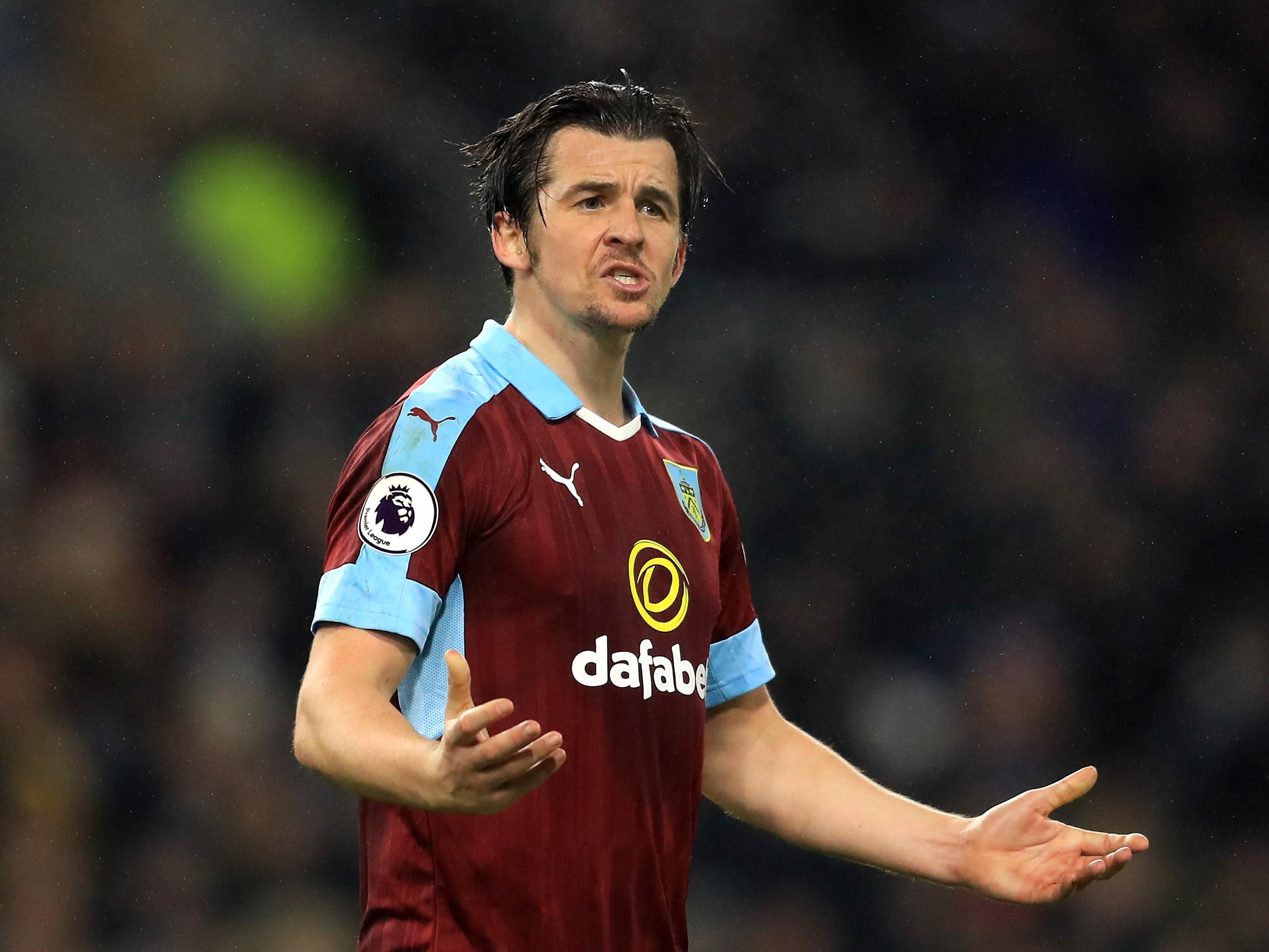Football's relationship with gambling 'disturbing' and 'worrying' warn experts
Nine of 20 in the Premier League and a remarkable 17 of 24 in the Championship will have gambling companies on their shirts this season

Your support helps us to tell the story
From reproductive rights to climate change to Big Tech, The Independent is on the ground when the story is developing. Whether it's investigating the financials of Elon Musk's pro-Trump PAC or producing our latest documentary, 'The A Word', which shines a light on the American women fighting for reproductive rights, we know how important it is to parse out the facts from the messaging.
At such a critical moment in US history, we need reporters on the ground. Your donation allows us to keep sending journalists to speak to both sides of the story.
The Independent is trusted by Americans across the entire political spectrum. And unlike many other quality news outlets, we choose not to lock Americans out of our reporting and analysis with paywalls. We believe quality journalism should be available to everyone, paid for by those who can afford it.
Your support makes all the difference.Experts on problem gambling have described the growing number of clubs with betting firms and online casinos on their shirts as "disturbing" and "worrying" and said a national debate on the potential harm is overdue.
Nearly 60 per cent of the clubs in England's top two divisions will have gambling companies on their shirts this season - nine of 20 in the Premier League and a remarkable 17 of 24 in the Championship.
Only four of 48 clubs in Leagues One and Two will carry gambling advertising on their shirts, with four of 12 clubs in Scottish Premiership doing so, including Celtic and Rangers.
But with Sky Bet sponsoring the English Football League, it is the situation in the Championship, where the number of gambling sponsors has risen by four from last season, that most concerns charities which deal with the negative consequences of the UK's £14billion gambling industry.
Gambling Watch UK's Professor Jim Orford said: "This is worrying. There is evidence that gambling is becoming ever more normalised, particularly among young people, so that increasingly betting is seen as part and parcel of following and supporting one's favourite sport or team."
According to the Gambling Commission's most recent statistics, there are 430,000 adult problem gamblers in the UK, with a further two million at risk of developing a problem.
But it is the statistics for young people which cause the most alarm as 370,000 children aged 11 to 16 gamble each week and 25,000 of those are classed as problem gamblers.
Orford said the gambling industry's link with football is particularly problematic as it so pervasive, with even the BBC inadvertently helping to advertise it thanks to the logos on shirts or on boards behind players and managers when they are interviewed on Match of the Day.

He said football's popularity with young people can lead them to thinking they have "special knowledge of the subject akin to the skill in poker which has always been exaggerated to good effect by gambling operators".
He also said there was "increasing worry" about the grey area between social-media gambling, which is popular with youngsters and often free, and real gambling.
Emeritus professor of clinical and community psychology at the University of Birmingham, Orford added: "Many people think gambling is now out of control in Britain which has the most liberal online gambling regulations of any European country."
Marc Etches, the chief executive of GambleAware, agrees with Orford and said: "I think we are at a tipping point in terms of the relationship between professional sports and gambling.
"We have a generation of fans who believe you have to bet on football to enjoy it and that is disturbing and concerning. It is a very different place to the past when there was only the weekly pools and spot-the-ball.
"The time is now for a much-needed debate about how we do this. Watching football and having a bet is becoming normalised but we're not talking about it."

Etches added that he wrote to all the Premier League clubs and the two main leagues about his concerns last year and praised Crystal Palace for working with GambleAware on a "safer gambling" campaign over three games at the end of last season.
The charity has also commissioned two research projects to look at the impact of gambling advertising on young people. They will not be finished until next year but Etches is particularly interested in what the research will reveal about online gambling, which is booming.
When asked if football was getting too close to the gambling industry, the Premier League declined to comment but is understood to believe it is up to the clubs to decide with whom they do deals.
It should also be added that clubs with a gambling sponsor are not allowed to use the logo on their youth team shirts or for replica shirts sold in youth sizes, and professional players are not allowed to bet on football matches anywhere or personally endorse a betting brand.
But in the wake of the controversy surrounding former Premier League player Joey Barton's 18-month ban for gambling in 2017, the FA ended its partnership with Ladbrokes.

This move was viewed as an admission that Barton, who saw his ban reduced to 13 months on appeal and is now manager of League One's Fleetwood, had a point when he criticised the game for the mixed messages it sends to players about betting.
The national governing body, however, said "the leagues and clubs govern their own relationships with gambling companies".
An EFL spokesman said sponsorship deals with gambling firms "make a significant contribution to the ongoing financial sustainability of professional football at all levels" but said the league has agreed a memorandum of understanding with title partner Sky Bet to ensure that relationship is "socially responsible".
As an example of this, he said, the league launched a 'Responsible Gambling' campaign at last season's play-off finals that will continue this season with players in all three EFL divisions wearing new sleeve badges bearing the slogan "When the fun stops. Stop.".
In addition, the league is updating its guidance to clubs on "responsible practices" and supporting a Sky Bet initiative to visit each EFL club for special training on "the potential risks associated with gambling, the rules around betting integrity, and know how to look out for signs of potential harm in team-mates".
Join our commenting forum
Join thought-provoking conversations, follow other Independent readers and see their replies
Comments